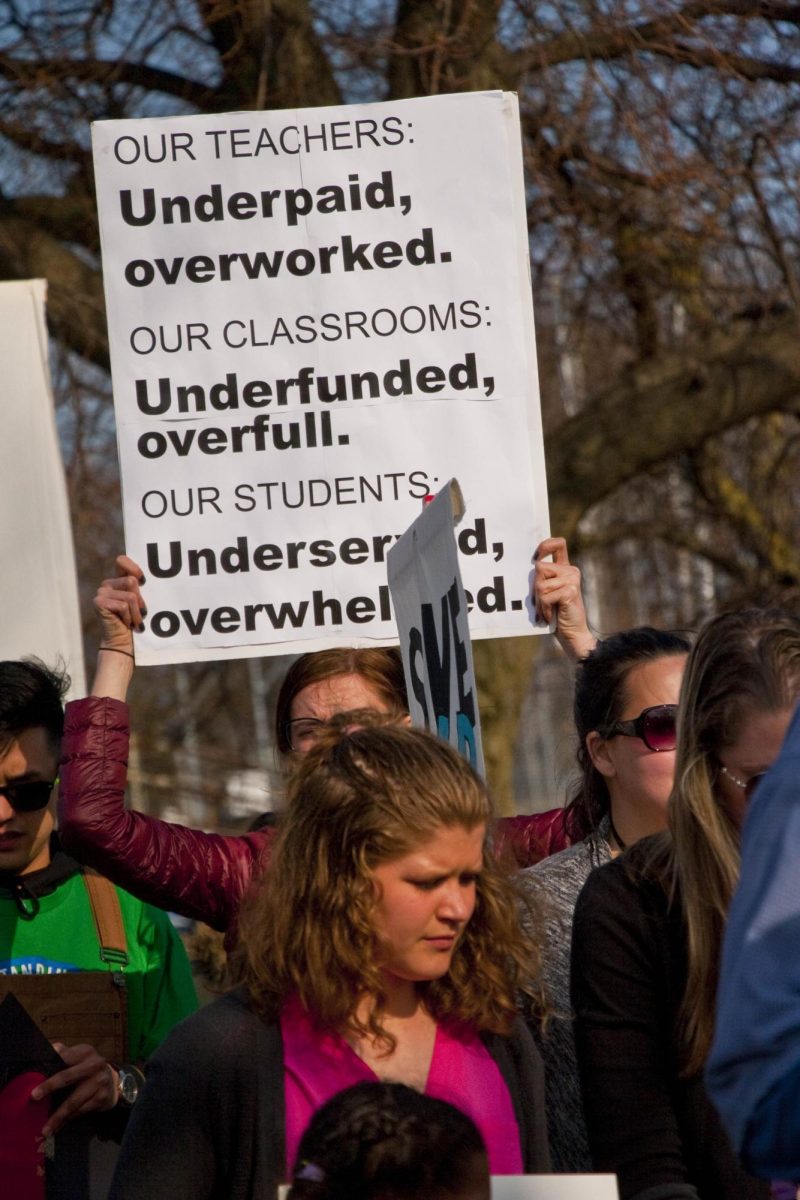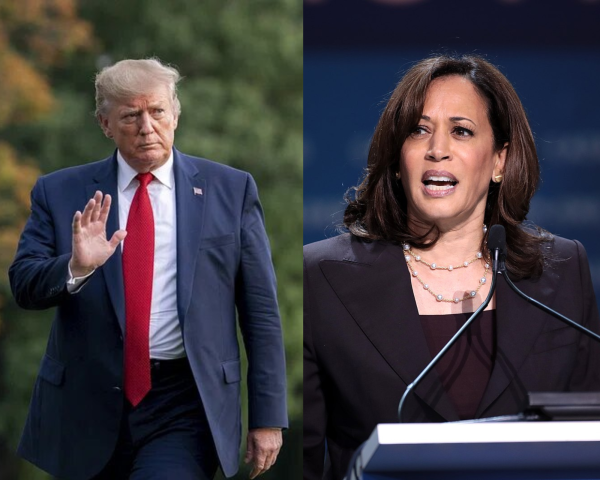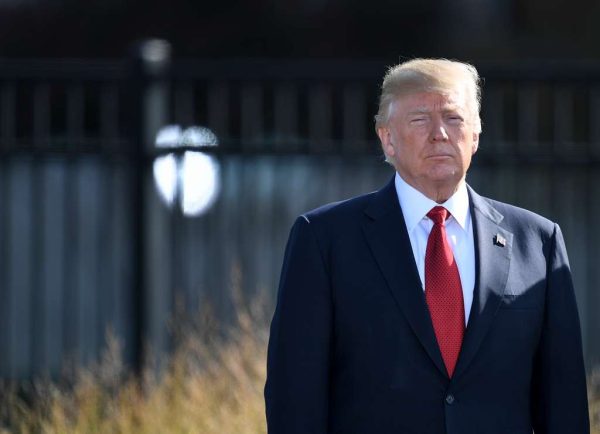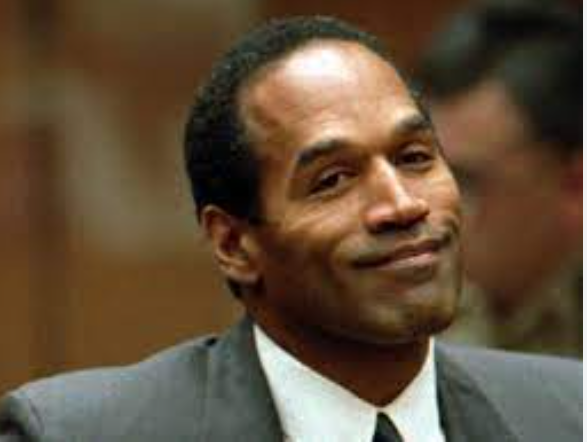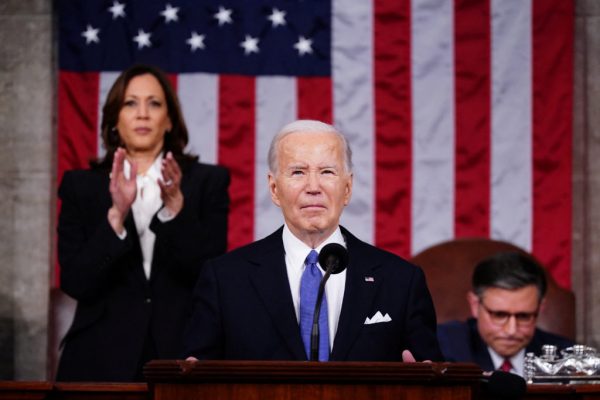Political Junkie
2016 election results revealed
In a close race, Donald Trump (center) wins the presidential election while Richard Burr (left) wins a North Carolina Senate seat. The gubernatorial election is too close to call, but Roy Cooper (right) has the lead by less than 5,000 votes.
November 11, 2016
On Tuesday, November 8th, voters headed out to the polls in order to pick the new leaders of our country. With one of the most controversial presidential elections in United States history, many people were not so eager to cast their votes. In fact, voter turnout was the lowest it has been in a decade. The race was tight all the way around, but ultimately winners had to be chosen. Donald Trump, the Republican candidate, won the presidential election; Roy Cooper, the Democratic candidate, won the North Carolina gubernatorial election, and Richard Burr, the Republican candidate, won one of North Carolina’s seats in the Senate.
The 2016 presidential race was one of the closest in history. Donald Trump won the electoral votes but did not win the popular vote, something that has happened only 4 times previously. Hillary Clinton garnered around 59.46 million votes while Trump only gained about 59.27, but the Republicans took the election with 290 Electoral College votes (candidates need at least 270 to win the election). Junior Emma Kindsvatter said, “It was honestly hard to watch.” Eventually, it came down to a handful of important swing states; Florida, North Carolina, Pennsylvania, and Michigan were the ones that ultimately decided the winner. Trump won all four of these states, barely, and all together they added up to account for 80 electoral votes. Florida was the catalyst, having 29 votes all by itself, and Trump won by a narrow margin of 1.3%. Since the winner was announced, there have been several cities with riots protesting the results. Some have even created petitions to try and influence the Electoral College vote, which does not happen until December.
The gubernatorial election was an even closer race; so close, in fact, that it has not officially even ended yet. However, Roy Cooper seems to have barely grabbed ahold of the win by a margin of less than 5,000 votes. Pat McCrory, however, refuses to concede, so the election continues to be ongoing until all votes, including absentee and provisional ballots, can be counted. If Roy Cooper wins, he promises to repeal HB2, the controversial bathroom law put in place by current governor Pat McCrory. HB2 has been a very big topic of discussion, not only in North Carolina, but across the entire United States. By making it illegal for transgenders to use the bathroom they identify with, it has outraged the country and caused an economic fall in North Carolina, which Roy Cooper promises to bring to an end.
Richard Burr won the position of a North Carolina Senator, beating Democrat Deborah Ross in the process. He had a 51.1% majority over Ross’s 45.3%, and was able to win his reelection. With Burr, the greater part of the Senate is now Republican, with a 51-47 majority. In fact, all of the United States government has a majority that is Republican after this election: Donald Trump as the president, 239 in the House, 51 in the Senate, and 33 governors.





